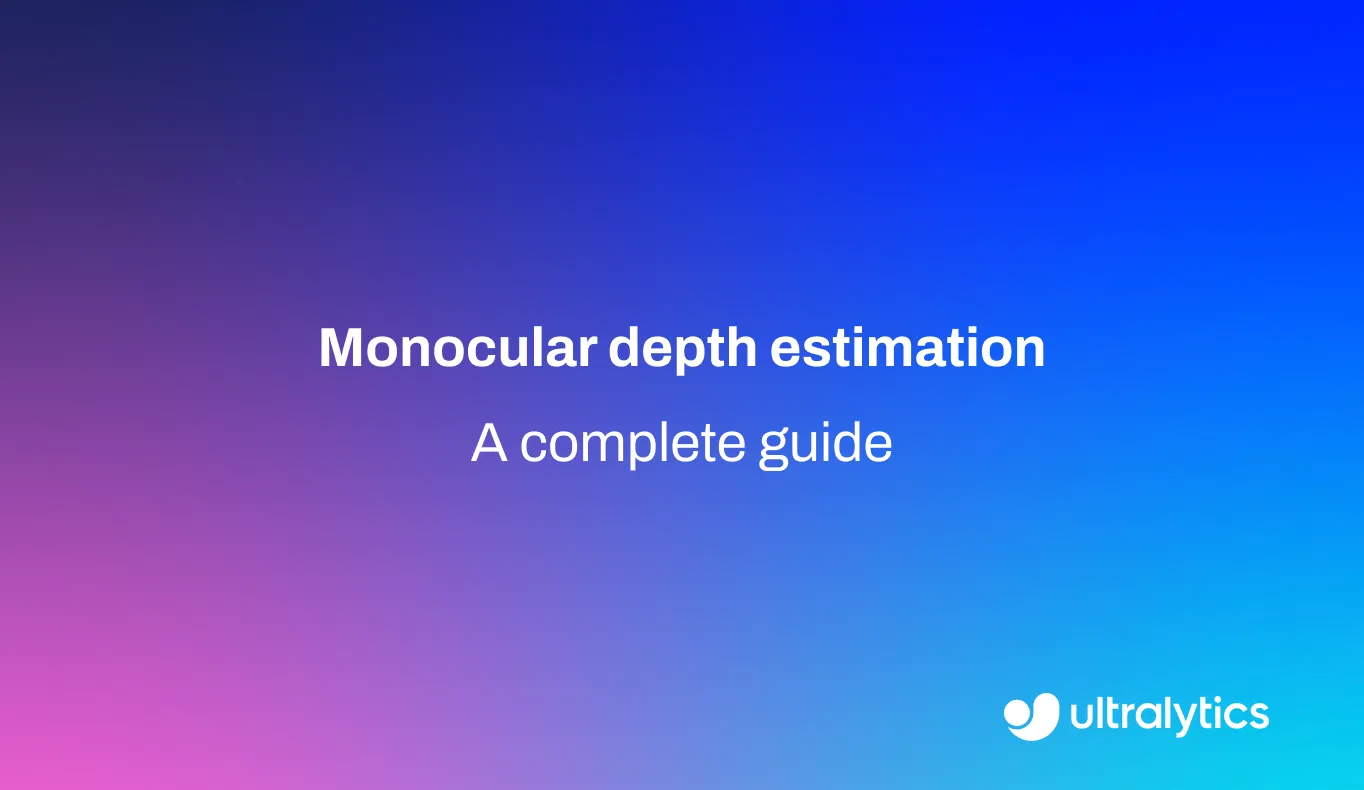Data Lake
Explore how data lakes serve as the foundation for AI and ML. Learn to leverage raw data for training Ultralytics YOLO26 and streamlining computer vision workflows.
A data lake is a centralized storage repository that holds a vast amount of raw data in its native format until it is
needed. Unlike traditional storage systems that require data to be structured before entry, a data lake accepts data
"as is," including structured data (rows and columns), semi-structured data (CSV, logs, XML, JSON), and
unstructured data (emails, documents, PDFs) and binary data (images, audio, video). This architectural flexibility
makes data lakes a cornerstone of modern
Big Data strategies, particularly for organizations
leveraging
Artificial Intelligence (AI) and
Machine Learning (ML). By decoupling data
capture from data use, organizations can store massive pools of information relatively cheaply and figure out the
specific analysis questions later.
The Role of Data Lakes in AI and Machine Learning
In the context of AI development, the primary value of a data lake lies in its ability to support
Deep Learning (DL) workflows. Advanced neural
networks require diverse and voluminous
training data to achieve high accuracy. A data lake
acts as the staging ground where raw assets—such as millions of high-resolution images for
Computer Vision (CV) or thousands of audio hours
for Speech Recognition—reside before being
processed.
Data scientists use "schema-on-read" methodologies within data lakes. This means the structure is applied to
the data only when it is read for processing, rather than when it is written to storage. This allows for immense
agility; the same raw dataset can be processed in multiple ways for different
predictive modeling tasks without altering the
original source. Furthermore, robust data lakes often integrate with
cloud computing services like
Amazon S3 or
Azure Blob Storage,
enabling scalable, parallel processing needed for training heavy models like
YOLO26.
Data Lake vs. Data Warehouse
While often confused, a data lake is distinct from a data warehouse. A
data warehouse stores data in structured
tables and is optimized for fast SQL queries and business intelligence reporting. It uses "schema-on-write,"
meaning data must be cleaned and transformed via an
ETL (Extract, Transform, Load) process before entering the system.
Conversely, a data lake is optimized for storage volume and variety. It supports
unsupervised learning and exploratory
analysis where the goal might not be defined yet. For example, a data warehouse might tell you how many products sold
last month, while a data lake holds the raw
customer sentiment logs and image data that
helps an AI model understand why they sold.
Real-World Applications
Data lakes are instrumental across various industries pushing the boundaries of automation:
-
Autonomous Vehicles: developing self-driving technology requires processing petabytes of sensor
data. Autonomous vehicles generate continuous
streams of LiDAR point clouds, radar signals, and
high-definition video. A data lake stores this raw telemetry, allowing engineers to replay real-world scenarios to
train Object Detection models to identify
pedestrians and obstacles under varying weather conditions.
-
Healthcare Diagnostics: In modern
medical image analysis, hospitals
consolidate patient history, genomic data, and imaging files (MRI, CT scans) into a secure data lake. Researchers
can then access this anonymized, unstructured data to train models for
tumor detection
or disease prediction, often utilizing
segmentation techniques to isolate regions of interest
within the medical imagery.
Utilizing Data Lakes with Ultralytics
When working with the Ultralytics Platform, users often pull subsets
of raw data from their organization's data lake to create annotated datasets for training. Once the raw images are
retrieved and labeled, they can be used to train state-of-the-art models.
The following example demonstrates how a developer might load a local dataset (mimicking a fetch from a data lake) to
train the YOLO26 model for a detection task.
from ultralytics import YOLO
# Load the YOLO26n model (nano version for speed)
model = YOLO("yolo26n.pt")
# Train the model using a dataset configuration file
# In a production pipeline, this data might be streamed or downloaded
# from a cloud-based data lake prior to this step.
results = model.train(data="coco8.yaml", epochs=5, imgsz=640)
# Run inference on a new image to verify performance
predictions = model("https://ultralytics.com/images/bus.jpg")










.webp)